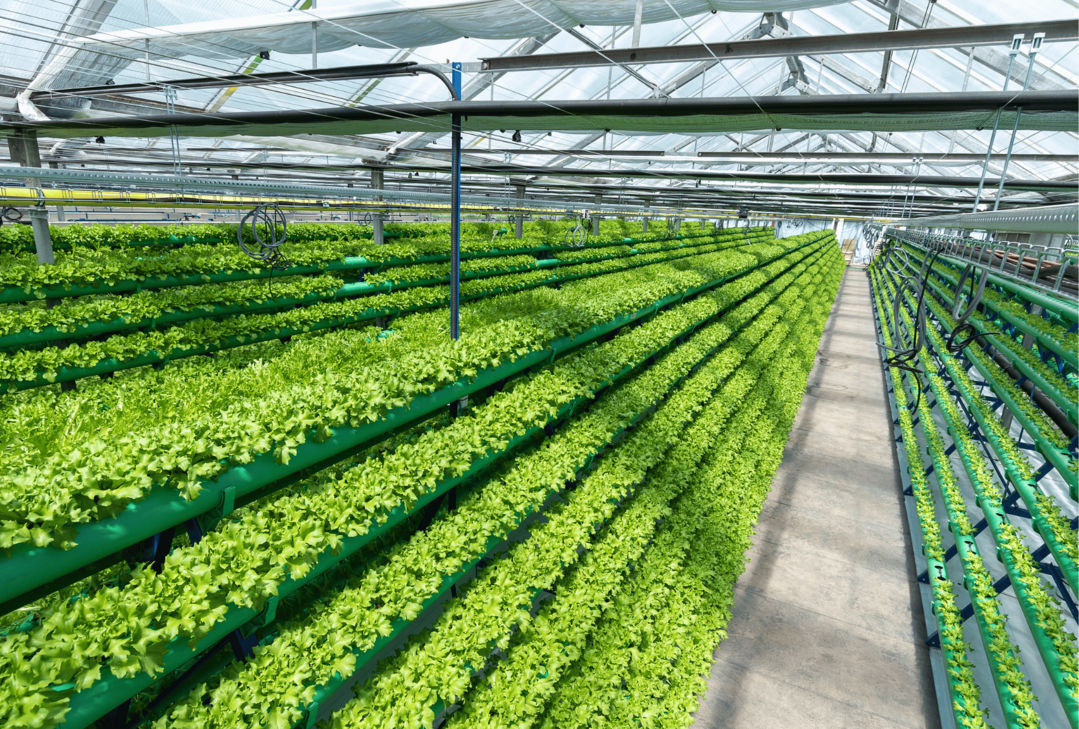
Riyadh – Saudi Arabia is spearheading a transformative approach to food security, prioritizing domestic production and strategic international partnerships. This multifaceted strategy aims to build a more resilient and sustainable food system, a cornerstone of the Kingdom's Vision 2030.
Recent achievements, such as self-sufficiency in fresh dairy and eggs, underscore the success of these efforts. Increased domestic production across various crops, including vegetables and red meat, demonstrates the Kingdom's commitment to reducing reliance on imports.
Innovation at the Forefront
Key to this transformation is a focus on innovation. NEOM, the ambitious futuristic region, has established Topian, a company dedicated to redefining the food system through:
Climate-proof agriculture: Developing resilient farming practices to withstand climate change.
Regenerative aquaculture: Promoting sustainable and environmentally friendly seafood production.
Novel foods: Exploring alternative and innovative food sources.
Personalized nutrition: Tailoring diets to individual needs and preferences.
Sustainable food supply: Optimizing the entire food chain for efficiency and environmental impact.
Topian, collaborating with leading institutions like King Abdullah University of Science and Technology (KAUST) and global partners, is driving research and development in areas such as:
Vertical farming: Utilizing controlled environments for efficient and sustainable crop production.
Precision agriculture: Employing data-driven technologies to optimize resource use and maximize yields.
Cellular agriculture: Cultivating meat and other animal products in a lab setting.
Education and Empowerment
Recognizing the importance of human capital, the Kingdom is investing in education and training initiatives. The NEOM CARE partnership focuses on developing local culinary talent and promoting sustainable gastronomy. KAUST's Sustainable Food Security Edible Education Program aims to connect young people with the origins of their food, fostering a deeper understanding of sustainable food practices.
A Multi-pronged Approach
Beyond technological advancements, Saudi Arabia is addressing food security challenges through:
Strategic international partnerships: Securing access to essential commodities through robust international collaborations.
Increased agricultural investment: Stimulating growth in the agricultural sector through targeted investments and financial support.
Addressing climate change: Implementing measures to mitigate climate change impacts on food production and reduce environmental degradation.
Looking Ahead
Saudi Arabia's commitment to food security extends beyond national borders. The Kingdom is actively sharing its knowledge and expertise with the international community, contributing to global efforts to build more resilient and sustainable food systems. By embracing innovation, fostering collaboration, and prioritizing sustainability, Saudi Arabia is paving the way for a future where food security and environmental stewardship go hand in hand.
[Copyright (c) Global Economic Times. All Rights Reserved.]






























